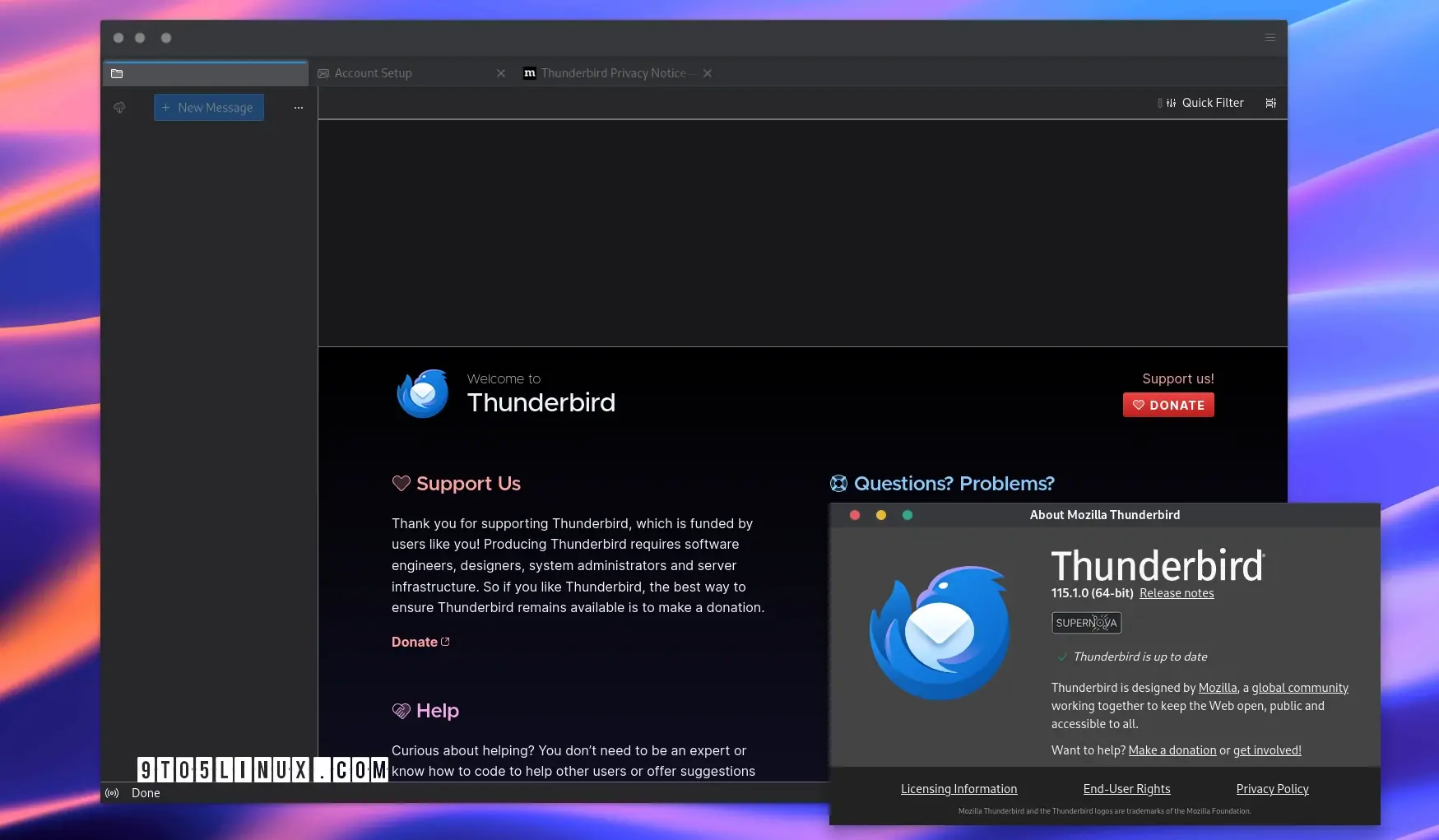

Cookies do not directly communicate your IP address, they’re just bits of data about your visit. Logging out of LinkedIn and closing your browser should clear them, unless they’re persistent cookies.
Using a VPN to create a new Spotify account maskes your actual IP address. Meaning spotify wont know your home IP address. But, if Spotify uses cookies from your previous sessions or if you log in with the same credentials, it may still serve targeted ads based on your previous activity.
So while cookies don’t transmit your IP address, they still influence the ads you see based on your browsing history and/or account information. For enhanced privacy, it’s usually recommended to set cookies to be wiped when you close the browser. I have a handful of sites I like to keep cookies for, but everything else is gone after each session.






















While Nebula is a creator‑owned ad‑free video service, it’s truly just a conventional centrally‑hosted platform collecting user data like most sites. So while ad‑free, it has no focus on privacy as its privacy policy shows standard analytics and tracking typical of most subscription services. This being the case, it’s not a privacy respecting alternative to YouTube like Peer Tube much at all unfortunately.